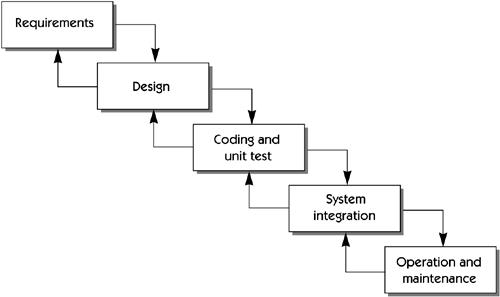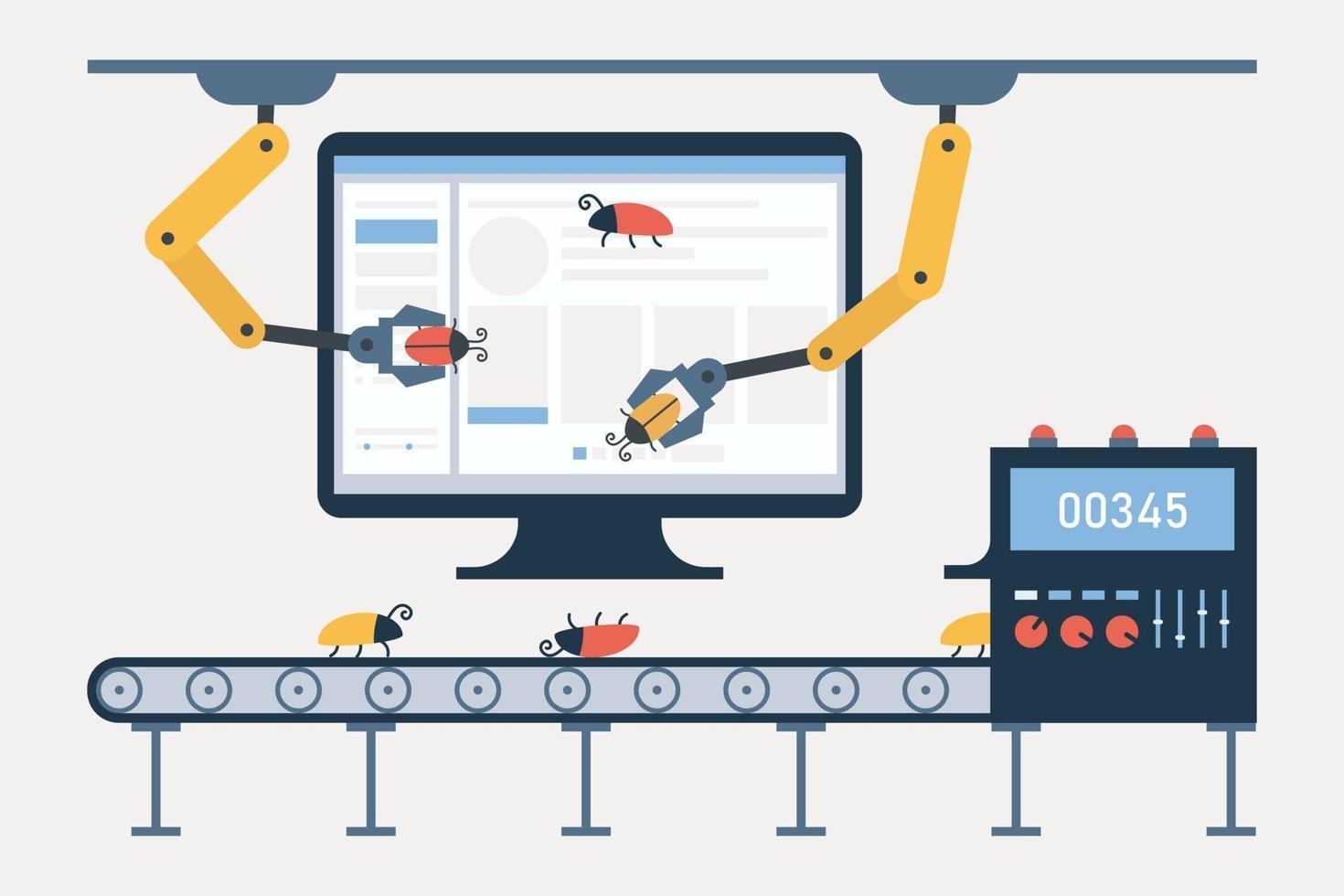Machine learning is revolutionizing multiple industries, and software development is no exception. With AI-powered tools assisting in writing, debugging, and optimizing code, many wonder: Will machine learning eventually replace traditional software development?
Will human programmers become obsolete, or will machine learning serve as an enhancement rather than a replacement? In this blog, we’ll explore how ML is transforming software development, its limitations, and what the future holds for programmers.
Understanding Traditional Software Development
What is Traditional Software Development?

Traditional software development encompasses:
- Explicit instruction writing using programming languages such as Python, Java, and C++
- Use of predetermined rules and structured logic to develop applications
- Dependence on human intuition, problem-solving, and algorithmic logic
Drawbacks of Traditional Software Development
Although this approach guarantees accuracy, it tends to necessitate:
- Long time and effort to code and debug
- Inflexible logic that fails to adjust to emerging data patterns dynamically
- Manual optimization for performance improvement
How Machine Learning is Changing Software Development
AI-Driven Code Generation
Machine learning-based tools such as GitHub Copilot, ChatGPT, and Tabnine support developers by:
- Offering and even writing code snippets
- Saving development time by a large margin
Automated Debugging

Machine learning algorithms assist in enhancing the quality of software by:
- Automatically detecting errors
- Providing fixes to ease debugging
Predictive Algorithms
AI foresees user actions, enabling developers to:
- Optimize code for performance
- Create more intelligent, adaptable apps
Self-Learning Systems
In contrast to manual coding, developers can train ML systems to:
- Enhance functionality dynamically
- Adapt to shifting needs without explicit updates
Machine learning is saving time by making development quicker, while reducing efforts needed for coding manually with these advancements. However, will it eliminate human programmers altogether?
Major Differences Between Traditional Coding and Machine Learning
Feature Comparison
The table below illustrates prominent differences between conventional coding and machine learning:
| Feature | Traditional Coding | Machine Learning |
| Rules & Logic | Need human-written rules and fixed logic | Adapts dynamically after learning from data |
| Handling Data | Struggles with unknown or vast datasets | Excel in identifying patterns and working with vast datasets |
| Automation & Flexibility | Low automation, needs to be updated manually | High automation, automatically gets better with new data |
| Error Identification & Debugging | Errors need to be manually discovered and corrected | AI can identify and correct errors automatically |
Machine learning’s flexibility means that it can write and optimize code on its own, rendering certain parts of traditional development obsolete. However, it still is not complete enough and that prevents a full-scale replacement.
Why Machine Learning Won’t Fully Replace Traditional Software Development
Lack of Creativity and Innovation
- Pattern recognition is machine learning’s strong suit, while original thinking remains its weak link.
- Human developers bring creativity and problem-solving that cannot be done by AI.
Security and Ethical Issues
- Code generated by AI can insert vulnerabilities, bias, or hidden effects.
- Secure and ethical use of AI is ensured by developers.
Complex System Integration
- Software solutions on large scales need strategic thinking and deep understanding.
- AI can be challenged by system architecture and intricate logic integration.
AI Supervision is Necessary
- Despite automation, human programmers will still need to review, optimize, and verify code quality.
- AI-assisted coding still needs expert supervision.
The Future: A Hybrid Model
AI-Augmented Development
Developers will use AI-driven coding tools to boost productivity by:
- Automating mundane tasks
- Speeding up software delivery
Low-Code and No-Code Solutions

Machine learning will allow non-programmers to develop software by:
- Simplifying the development process
- Minimizing the requirement for in-depth coding knowledge
Developers as AI Supervisors
Human programmers will do the following instead of manual coding:
- Supervise AI-created code
- Monitor quality control, security, and ethical compliance
Machine learning will not replace traditional coding but will redefine the work of developers. Future professionals will have to learn both programming and ML.
Final Thoughts
Machine learning is surely revolutionizing software development, performing repetitive tasks and streamlining code efficiency. Nevertheless, it won’t completely take over traditional software development. Creativity, problem-solving, and ethics are the essential parts of programming that cannot be replicated fully by ML.
Rather, the future is going to involve a combined method, where ML complements the skills of human developers, not replacing them.
Ready to Build Your Future in Machine Learning?
At J2K AI Academy, we provide instructor-led courses that enable our students to succeed in the AI-driven world. If you’re interested in coding, machine learning, or AI, our academy has everything you need to get started and launch your career!
Join J2K AI Academy today and stay ahead in the ever-evolving tech world!
